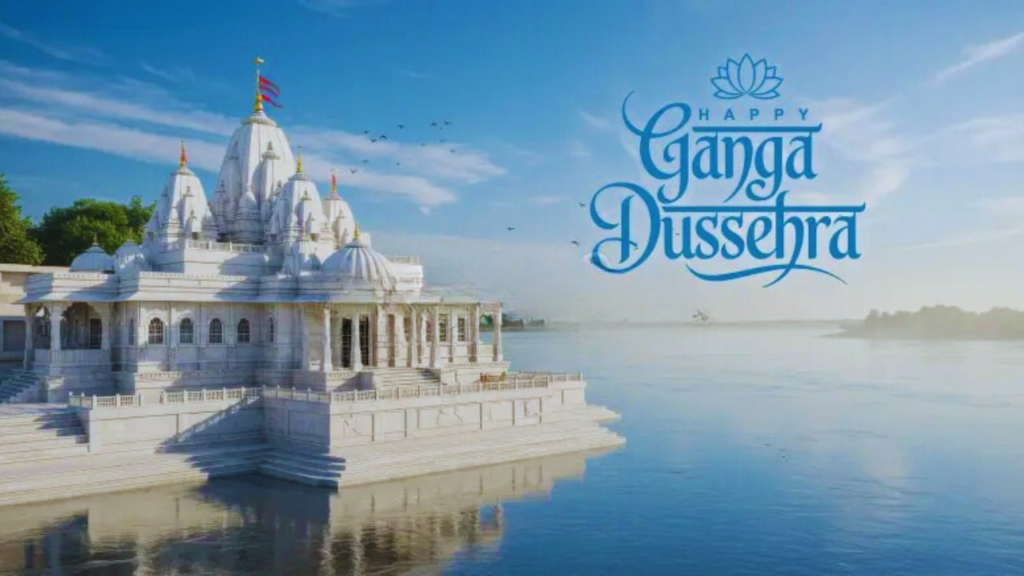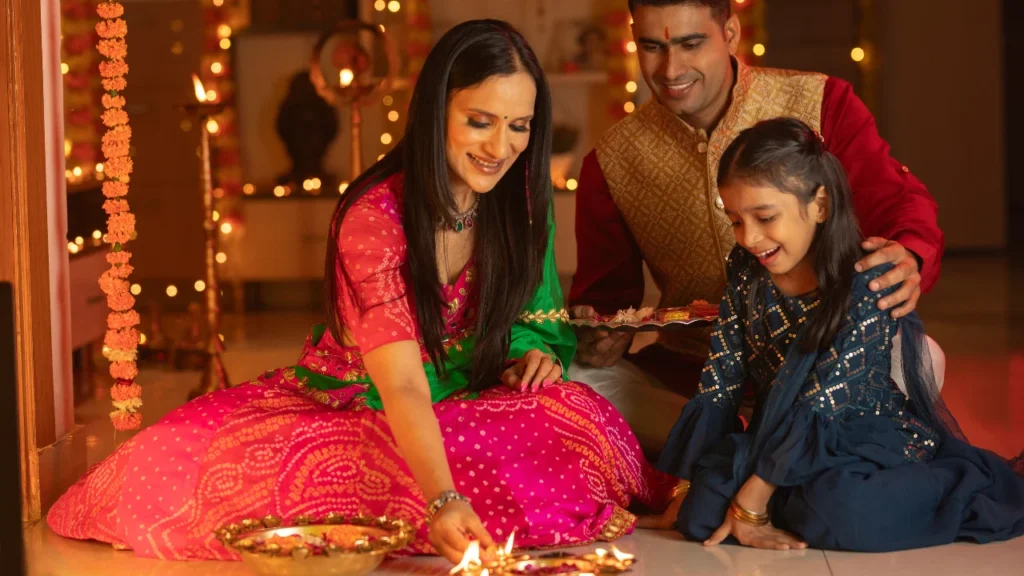Why a River Is More Than Just Water
Ever thought about how a river could become a mother? In India, that’s not a strange idea at all. The Ganga is more than a river. She’s sacred and divine, and for millions, she’s Maa Ganga. Once every year, people across northern India stop everything to celebrate the day she’s believed to have descended from the heavens. That day is called Ganga Dussehra, and it’s not just a festival. For those who believe, it’s a personal connection to purity, forgiveness, and renewal.
The Myth That Shapes the Celebration
Like many Hindu traditions, Ganga Dussehra is built around a powerful story. Long ago, there was a king named Bhagirath whose ancestors had died in sin and couldn’t find peace. He wanted to set them free, so he turned to the gods. They told him that only Ganga could purify their souls. But she was in the heavens. So Bhagirath did what few could—he meditated for years. Not days. Not months. Years.
Finally, the gods agreed. Ganga would descend. But there was a catch—her force was so strong, it could destroy Earth. That’s when Lord Shiva came into the picture. He caught her in his dreadlocked hair and softened her landing. She trickled down gently, just enough to bring peace without chaos. That moment is what Ganga Dussehra marks.
When and Where It’s Observed
This festival falls in late May or early June—on the tenth day of the waxing moon in the Hindu month of Jyeshtha. While the exact date changes every year, the mood never does. The spiritual energy builds days before. The main cities where the celebrations take center stage? Haridwar, Rishikesh, Varanasi, Prayagraj—anywhere the Ganga flows.
Rituals That Go Beyond the Surface
The rituals start before dawn. You’ll find people walking barefoot to the ghats, carrying flowers, incense, and earthen lamps. And most importantly, faith. They take a dip in the river not just to bathe, but to cleanse the soul. It’s believed that bathing in the Ganga on this day washes away ten types of sins—hence the word Dussehra, meaning ‘ten destroyers’.
But it’s not just about rituals. You can see it in people’s eyes—their longing to be free of guilt, pain, or regret. It’s quiet but powerful. Some stay back after bathing to meditate or pray. Others take part in langars, free community meals served as an act of charity.
Evening Aartis and the Magic of Firelight
If you’ve never seen a Ganga aarti, Ganga Dussehra is a good time to start. As the sun sets, priests line the riverbanks, holding large brass lamps. Flames flicker in sync as chants rise into the sky. There’s a moment where everything just stops. The river reflects those flames, and the sound of bells fills the air. It’s hard to explain what you feel at that moment. It’s not just religion—it’s something else. Something ancient. Something bigger than you.
The Environmental Irony
Here’s where it gets complicated. On one hand, people worship the Ganga. On the other, we dump plastic, sewage, and chemicals into it. You’ve probably seen the headlines. That contradiction has become harder to ignore, especially on a day like Ganga Dussehra.
In recent years, though, the festival has taken a slight turn. NGOs, students, and even priests are using the occasion to clean the riverbanks. Some organize awareness drives, urging people not to bring plastic to the ghats or use soap in the water. That mix of devotion and action—that’s what might help save the Ganga.
It’s also a Day for Giving
Giving is another quiet tradition on Ganga Dussehra. It could be food, clothes, or even just cold water on a hot day. You’ll see people set up water booths or hand out fruit. Not everyone can do something grand, but everyone tries to do something.
And that’s the point. It’s a festival, yes. But it’s also a reminder—about kindness, simplicity, and letting go. Whether it’s guilt or old grudges, Ganga Dussehra tells you to drop the weight.
Why This Festival Still Matters
You might wonder, in the age of technology and hustle, do these festivals still hold value? The answer lies in the people who show up—year after year. The old man who’s been coming since he was a boy. The young mother carries her baby to the river for the first time. The students film it all on their phones but still bowing their heads.
Ganga Dussehra isn’t about grand gestures. It’s about a quiet faith. And maybe that’s what we’re all missing these days—a sense of connection. Not just to gods or rivers, but to something simpler. Something that brings us peace.
Final Thoughts
Ganga Dussehra may not make big headlines. There’s no glitz, no big shopping deals. But that’s the beauty of it. It’s a whisper, not a shout. It reminds us to slow down, look within, and wash away what no longer serves us—whether through water or belief.




















